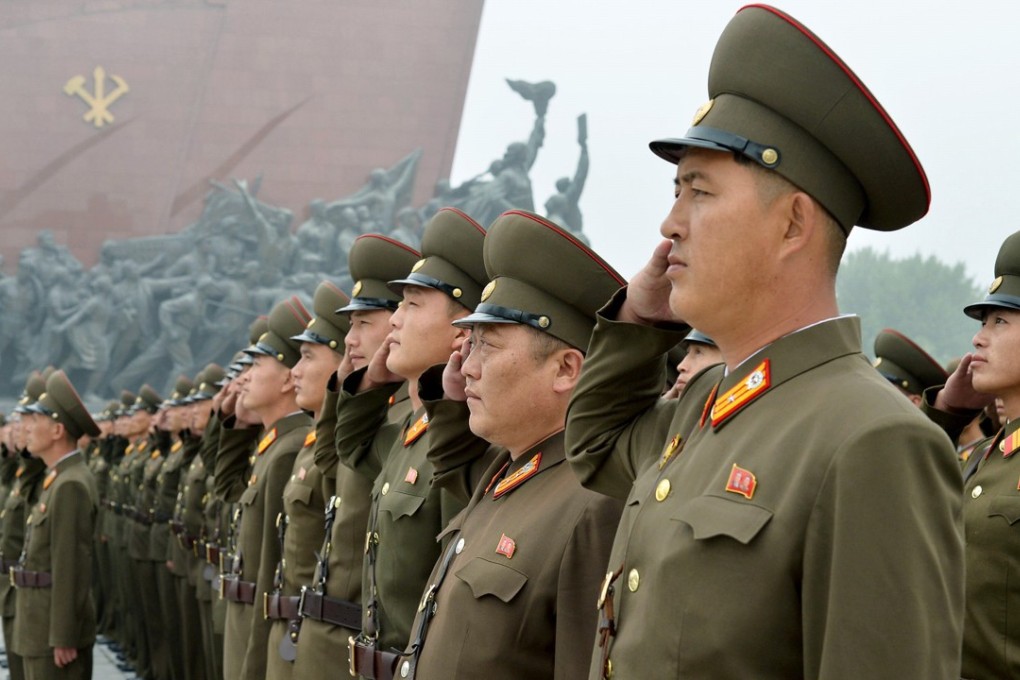North Korea’s nuclear and missile tests defy the US, the cold war’s end, and simple solutions
John Barry Kotch says the two Koreas are burdened by a cold-war-era division that they, unlike the people of Germany or Vietnam, have yet to resolve. And a resolution that satisfies China and the US remains elusive

What does Kim Jong-un want? Power, prestige, leverage – or all three? If Kim’s goal is merely regime survival, pushing the envelope is a strange and self-defeating way of demonstrating it – endangering, not protecting his regime.
For the moment, we are witness to an exhibition of high-stakes shadowboxing. Who will draw first blood will be decided “in the moment”, based on the range and trajectory of a future missile launch. Here, the operative word is proportional.
Should Kim be so foolish as to launch a missile in the proximity of Guam, he can expect an American Tomahawk missile to splash down off the east coast of North Korea in response. However, at the other end of the spectrum, if a missile were to hit Guam itself, whether intentional or inadvertent, all bets are off, including the armistice. In short, a US response would be governed by the nature of the provocation and cannot be predicted in advance.